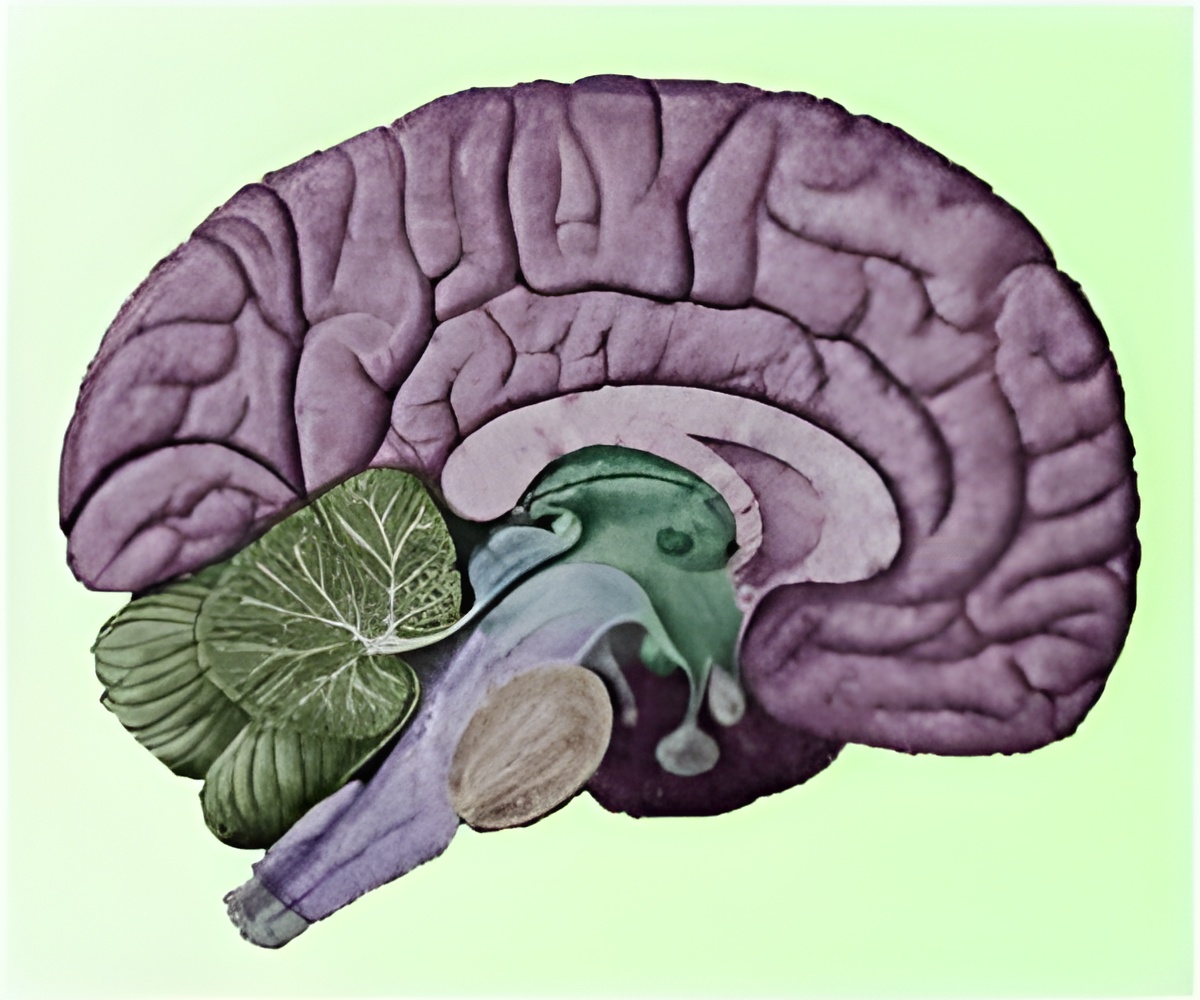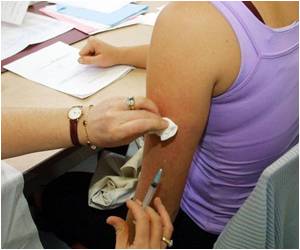Two new vaccines that can prevent the transmission of meningitis bacteria from person to person have been discovered by investigators at the University of Southampton.

Meningitis is a devastating condition and the Southampton team believe this discovery will change the way new vaccines are made in the future.
Robert Read, Professor of Infectious Diseases at the University of Southampton, who led the study, says: "The standard practice is to vaccinate with the aim of inducing high levels of antibodies in the blood to protect against the disease, but we know that these antibodies can disappear over the course of a few months."
"This study is telling us that the vaccines also have an effect on carriage in the throat and explains why they can be so effective across the population."
The study, published in The Lancet, took place over 10 centres across the UK and tested the effectiveness of two meningitis vaccines – MenACWY-CRM and 4CMenB – on participants aged 18 to 24 years old.
Participants were either given two doses of a control vaccine, two doses of the 4CMenB vaccine or one dose of MenACWY-CRM and then a placebo.
Advertisement
Meningitis is an infection of the meninges - the membrane that surrounds the brain and spinal cord. Meningococcal bacteria are common and carried harmlessly in the nose or throat by about one in 10 people and are passed on through close contact. Anyone can get meningitis, but babies and young children are most vulnerable.
Advertisement
Source-Eurekalert











